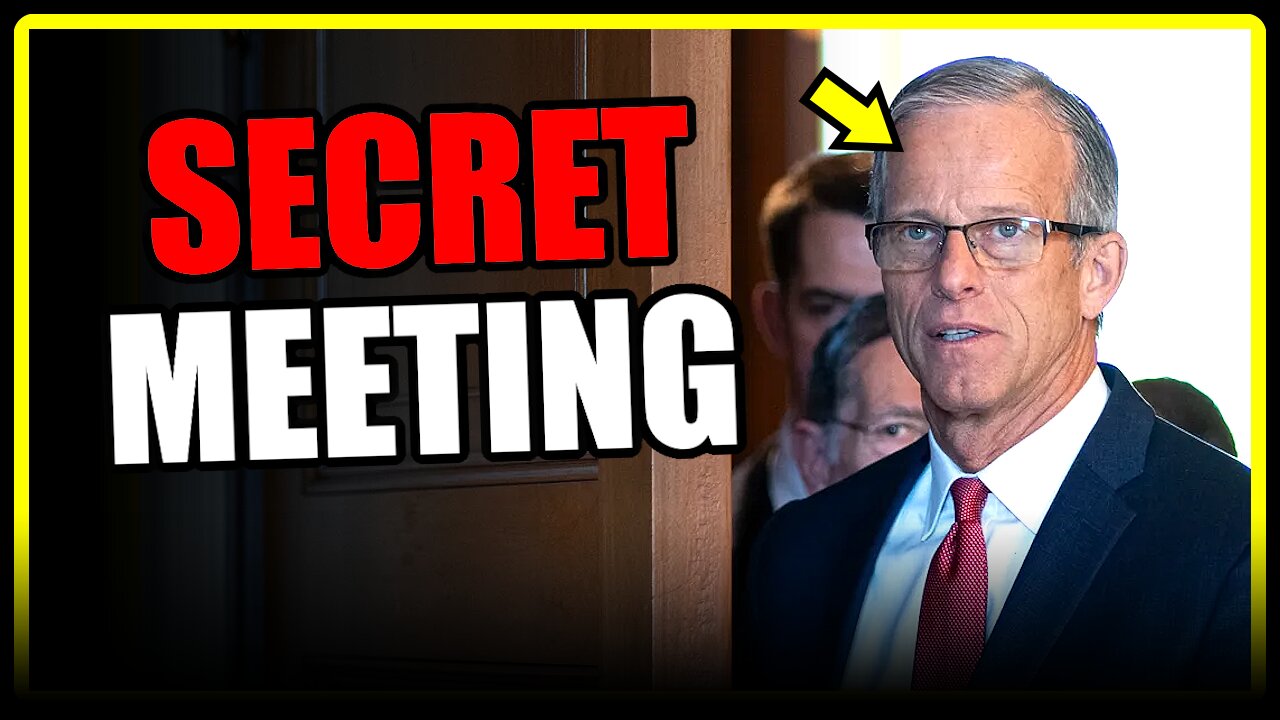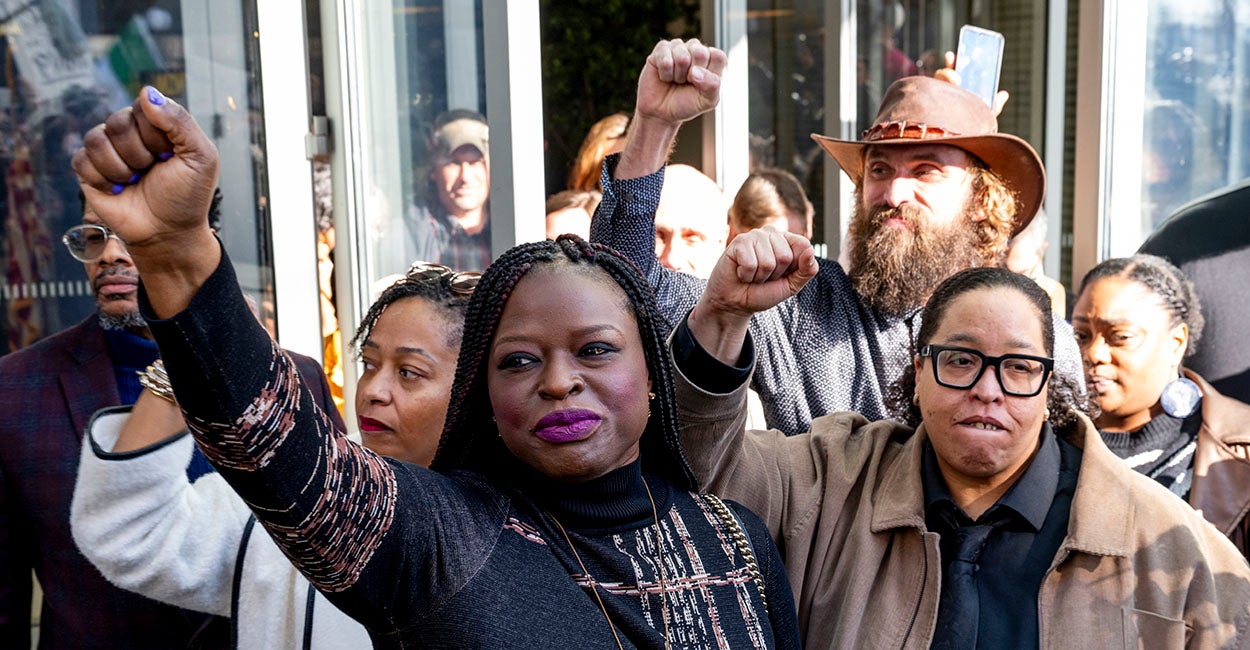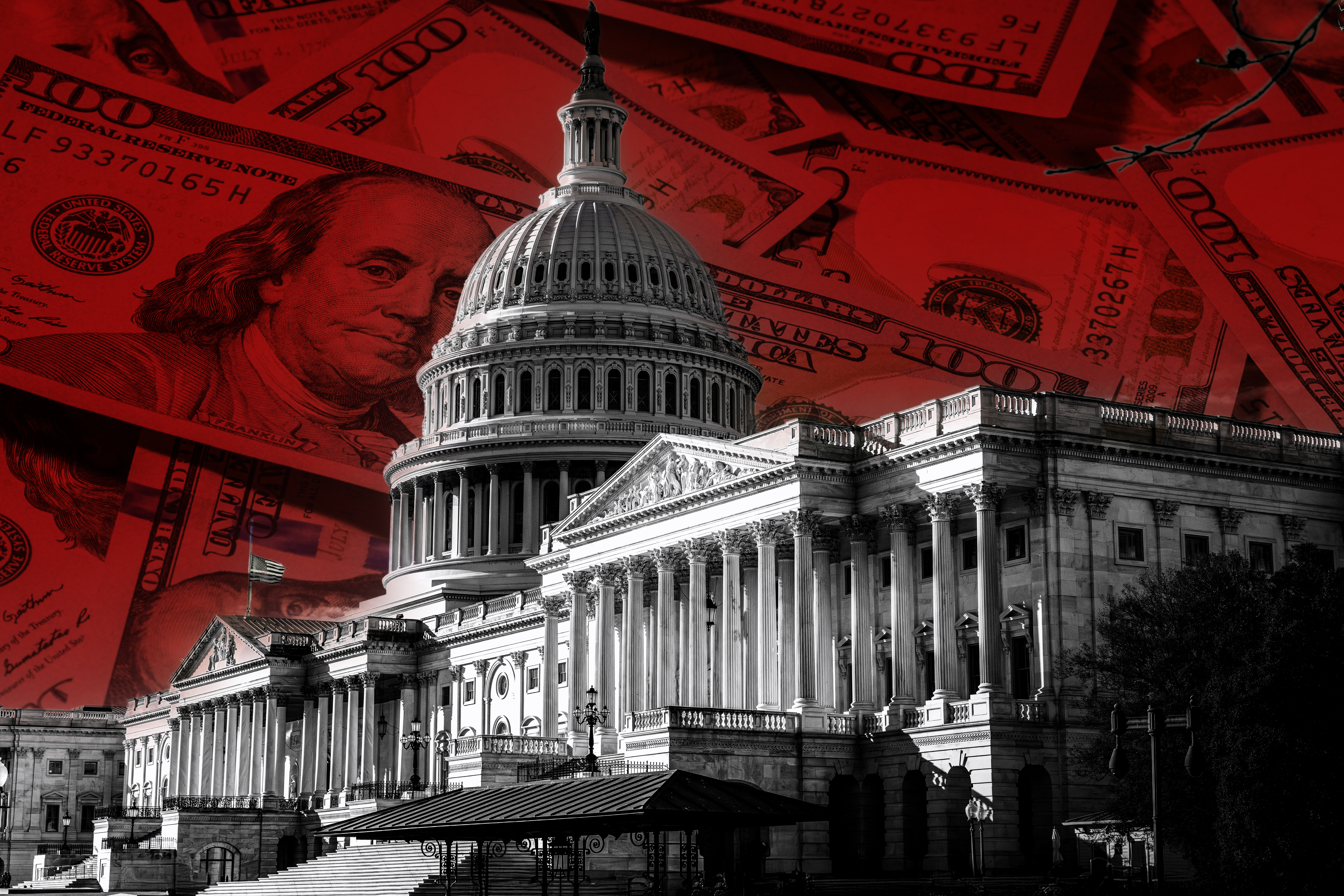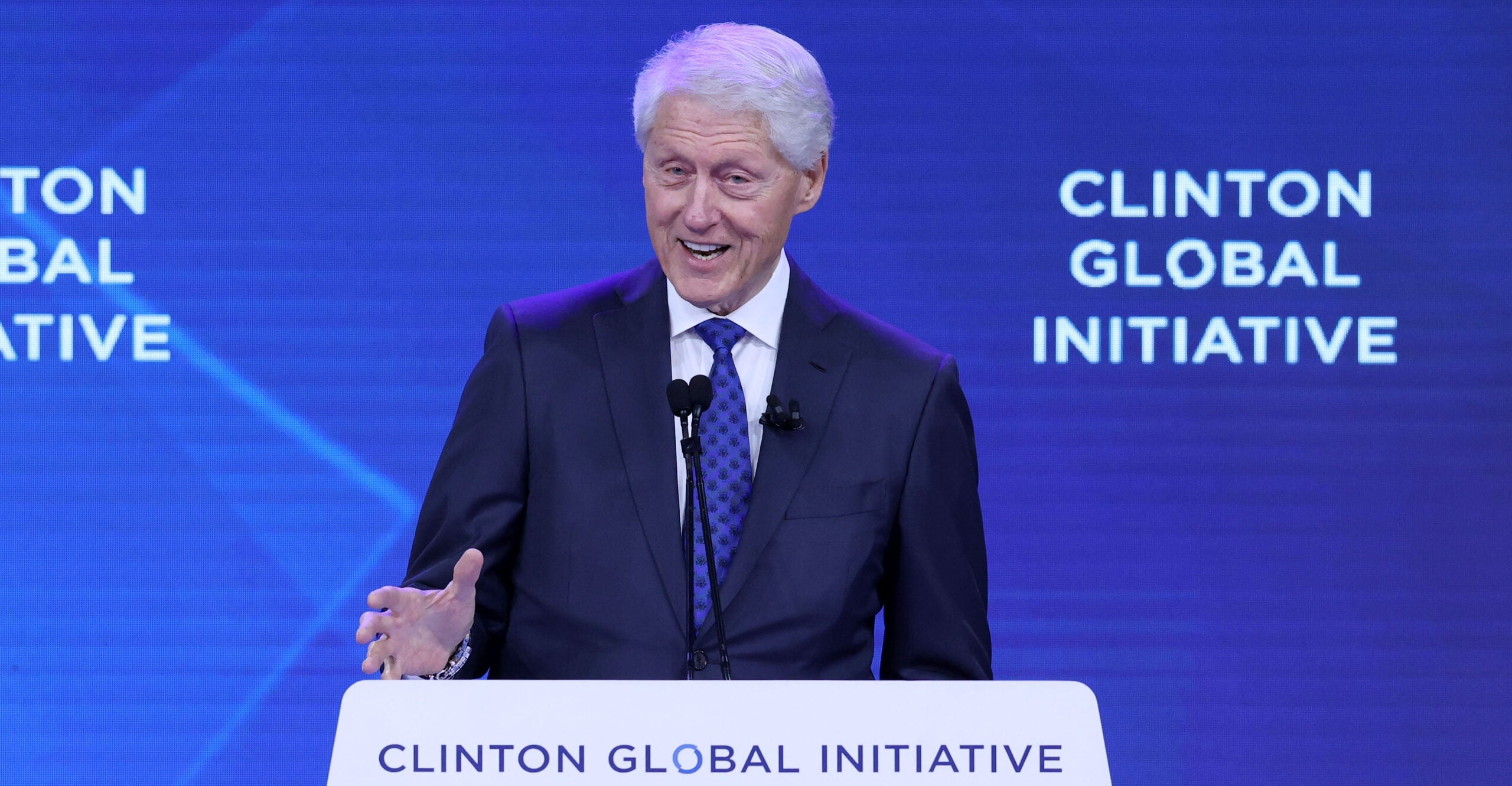Europe’s Digital Speech Police Won’t Stop At The Border

Imagine facing your nation’s Supreme Court for the “crime” of sharing a Bible verse. On October 30, that’s the reality for Päivi Räsänen, a Finnish grandmother, medical doctor, and parliamentarian. Her soon-to-be seven-year ordeal began in 2019, when she questioned her church’s support for Helsinki Pride and posted a Bible verse on X. That single tweet triggered 13 hours of police interrogation, two full trials, and now a third prosecution under Finland’s “hate speech” law.
Live Your Best Retirement
Fun • Funds • Fitness • Freedom
Räsänen’s case might sound like an exclusively European story — but it also serves as a warning about the growing threat of censorship coming from the EU. While someone living outside of Europe might assume they are exempt from the troubling wave of censorship spreading across the continent, that assumption is dangerously mistaken.
The EU has implemented an online censorship law that could turn stories like Päivi’s into a legalized norm. The law, known as The Digital Services Act (DSA), poses one of the greatest threats to free speech online, not just in Europe, but worldwide.
Presented as a way to create a “safe online environment,” the DSA is in fact a sweeping censorship regime. It compels major online platforms such as Facebook, YouTube, X, and Google to take down “illegal content” or face crippling fines of up to 6% of their global revenue. For companies like Apple or Meta, that could mean billions. With penalties this steep, platforms have every incentive to preemptively over-censor content, not just in Europe, but everywhere.
And what counts as “illegal” content? That depends on the varying laws of 27 EU member states. One country’s vague definition of “hate speech” or “misinformation” can ripple outward, forcing platforms to delete content across the entire internet. What Brussels bureaucrats decide could silence speech in Boston or Boise — posts fully protected by the First Amendment, gone in an instant.
The enforcement system makes this worse. The DSA empowers “trusted flaggers,” which can include activist groups, regulators, or even private entities, to demand removals. The European Commission itself sits at the top, monitoring and punishing companies that don’t comply. In practice, this means platforms will act first and ask questions later, scrubbing lawful speech before it can cause “problems” in Europe.

Credit: Alliance Defending Freedom International
Päivi Räsänen’s case shows what happens when governments weaponize vague speech laws: peaceful expression treated as criminal conduct. The DSA threatens to make this dynamic global. By institutionalizing vague categories like “hate speech” and “disinformation,” it builds the architecture for censorship that knows no borders.
Americans should not be lulled into thinking this is someone else’s problem. The internet is global, and so are the platforms that host our speech. Already, U.S. lawmakers — from the House Judiciary Committee to Vice President JD Vance — have warned that the DSA could chill constitutionally protected expression here at home. The danger isn’t hypothetical: EU officials have already floated the possibility of censoring American political figures under the law.
The stakes are enormous. If the EU succeeds in exporting its censorship regime, authoritarian governments worldwide are likely to use it as a blueprint. They will point to Brussels as justification for their own crackdowns. Already, we’ve seen Europe attempt to export the DSA model abroad. For example, at the EU-Canada Summit, Canada and the EU agreed to advance a Digital Trade Agreement that expands the reach of DSA principles.
Free speech does not stop at national borders. If America cares about freedom of expression, it must push back against the DSA and its creeping global reach. Päivi Räsänen’s trial is a human face on what’s at stake. Her courage reminds us that when governments claim the power to police speech, no voice is safe.
* * *
Lorcan Price is an Irish barrister and legal counsel for ADF International.
The views expressed in this piece are those of the author and do not necessarily represent those of The Daily Wire.
Originally Published at Daily Wire, Daily Signal, or The Blaze
What's Your Reaction?
 Like
0
Like
0
 Dislike
0
Dislike
0
 Love
0
Love
0
 Funny
0
Funny
0
 Angry
0
Angry
0
 Sad
0
Sad
0
 Wow
0
Wow
0
















































































